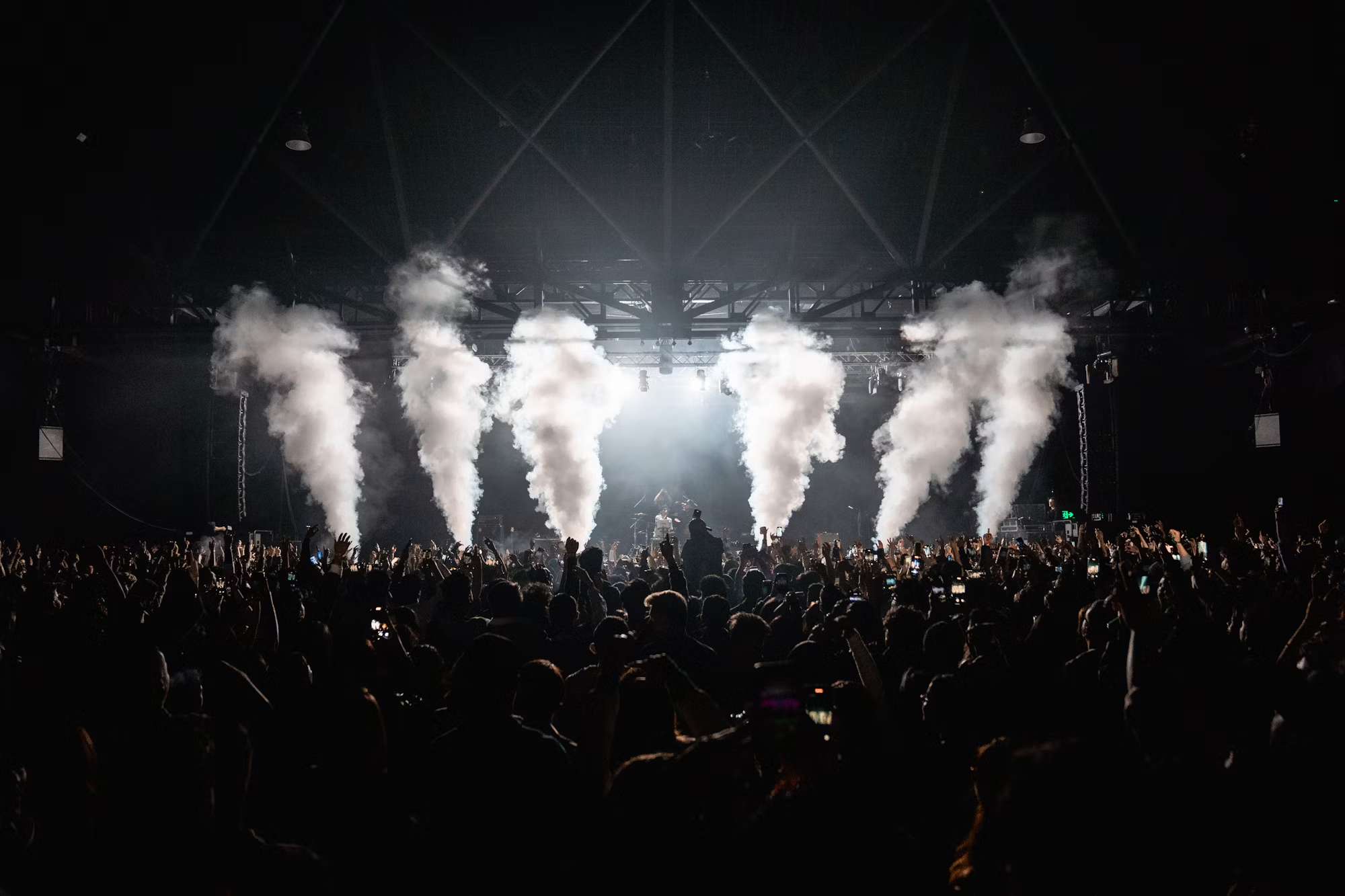Music festivals have become a hallmark of contemporary culture, drawing millions of attendees each year to celebrate their shared passion for music. From the sprawling fields of Glastonbury to the sun-soaked stages of Coachella, these events offer more than just performances; they create immersive experiences that foster a sense of community and connection among fans and artists. This article delves into the allure of music festivals, exploring their evolution, cultural significance, and the unique experiences they provide.
The roots of music festivals can be traced back to ancient times, where gatherings centered around music and dance were integral to community celebrations. However, the modern music festival as we know it began to take shape in the 1960s and 1970s, with iconic events like Woodstock paving the way for large-scale gatherings that emphasized peace, love, and music. These early festivals not only showcased emerging artists but also became platforms for social change, reflecting the cultural and political movements of the time.
As music festivals gained popularity, they evolved to cater to diverse musical tastes and genres. Today, festivals celebrate everything from rock and pop to electronic, jazz, country, and beyond. This diversification allows attendees to explore new sounds and discover artists they may not have encountered otherwise. Festivals often curate lineups that blend established headliners with up-and-coming acts, creating a dynamic atmosphere that encourages exploration and appreciation of various musical styles.
One of the most compelling aspects of music festivals is the sense of community they foster. Fans gather from all walks of life, united by their love for music. This communal spirit is palpable, as strangers become friends through shared experiences—dancing to the same beat, singing along to favorite songs, and celebrating together. Many attendees form lasting bonds during festivals, creating connections that extend beyond the event itself. This sense of belonging is particularly significant in today’s fast-paced world, where meaningful connections can often feel fleeting.
The festival experience is multi-faceted, encompassing not just music but also art, food, and culture. Many festivals feature interactive art installations, food vendors offering diverse culinary delights, and workshops that invite attendees to engage creatively. This holistic approach transforms festivals into immersive environments, allowing participants to explore different aspects of culture while enjoying live performances. The result is a vibrant tapestry of experiences that enriches the overall festival atmosphere.
Logistically, organizing a music festival involves intricate planning and coordination. From securing permits and booking artists to arranging accommodations and managing on-site logistics, the behind-the-scenes work is extensive. Promoters and festival organizers must navigate challenges such as weather conditions, crowd control, and safety regulations to ensure a smooth experience for attendees. Successful festivals require a dedicated team that collaborates to create an unforgettable event, often working for months or even years in advance.
Technology has played a significant role in the evolution of music festivals. Social media platforms allow for real-time engagement, enabling fans to share their experiences and connect with one another before, during, and after the event. Additionally, live streaming has expanded the reach of festivals, allowing those unable to attend in person to experience the performances from the comfort of their homes. This digital evolution has transformed the way festivals are experienced, bridging gaps between live and virtual audiences.
The rise of music festivals has also contributed to the growth of local economies. Cities and regions hosting these events often see significant economic boosts, with increased tourism and local business engagement. Hotels, restaurants, and vendors benefit from the influx of attendees, creating a win-win scenario that supports both the music industry and the local community. Festivals often prioritize sustainability, implementing eco-friendly practices to minimize their environmental impact, further enriching their positive contributions.
In recent years, the pandemic disrupted the music festival landscape, leading to the cancellation or postponement of many beloved events. However, this period of uncertainty sparked resilience and creativity within the industry. Many festivals adapted by incorporating virtual components, allowing fans to engage from afar. As live events returned, organizers implemented health and safety measures to ensure the well-being of attendees while preserving the magic of the festival experience. This adaptability speaks to the enduring appeal of music festivals and their ability to evolve with the times.
Looking ahead, the future of music festivals is bright. As artists continue to experiment with new sounds and genres, festivals will remain vital platforms for showcasing emerging talent. The fusion of technology and live performance will likely continue to grow, enhancing the festival experience for both attendees and artists. Festivals will also increasingly prioritize inclusivity and diversity, ensuring that a wide range of voices and perspectives are represented on their stages.
In conclusion, music festivals embody the spirit of celebration, connection, and artistic expression. They provide a unique space for fans to immerse themselves in the music they love while fostering a sense of community and belonging. As they continue to evolve, music festivals will undoubtedly remain a cherished aspect of our cultural landscape, uniting people through the universal language of music and creating unforgettable memories that last a lifetime.





